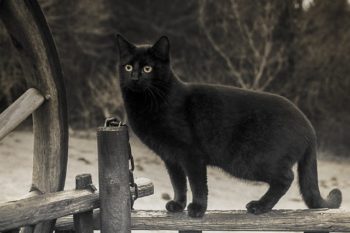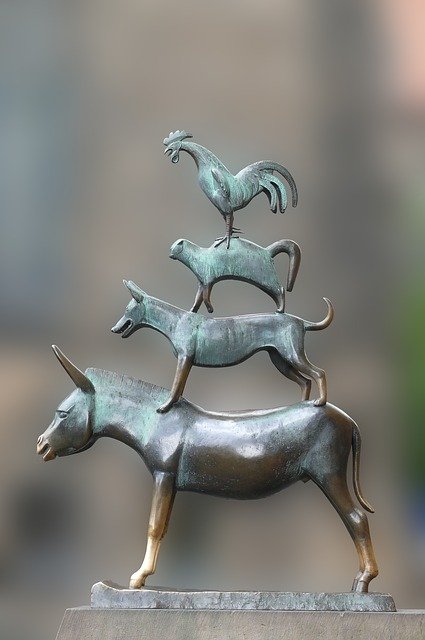Are conjunctions necessary? Part II Posted by bota on Apr 5, 2021 in Conjunctions, Grammar, punctuation
We’ve talked about Russian sentences without conjunctions before, but we’ve yet to discuss my favorite Russian punctuation sign “тире́” (dash) and its role in these бессою́зных предложе́ниях (sentences without conjunctions).
There are six instances where you can use “тире́” (dash; typed as an m-dash sign) in place of a conjunction. I’ll provide examples for each one and a little trick so you can check to see if the sentence makes sense.
Ита́к, вы мо́жете испо́льзовать тире́ в бессоюзном предложе́нии что́бы:
To show contrast between the two clauses.
В общежи́тии отопле́ние включа́ли то́лько с середи́ны ноября — в кварти́рах аж в пе́рвых чи́слах октября.
[The heat in the dormitories was turned on only from the middle of November, while in apartments it was turned on at the beginning of October.]
As mentioned before, sentences without conjunctions are especially common in folk tales, superstitions, and sayings.
Ско́лько во́лка не корми́ — он всё в ле́с смо́трит.
[lit. No matter how much you feed the wolf he will keep on looking at the forest. It was something my grandma used to say when my siblings would be overjoyed about our mom returning from work even though it was grandma who spend the whole day feeding them and playing with them.]
How to check: use conjunctions “а” and “но” (means “but”) in place of the dash.
If the first clause shows time or condition.
These are particularly prevalent in Russian superstitions and sayings.
Со́лнце восхо́дит в тума́не— днём бу́дет ду́шно.
[If the sun rises in the fog expect high humidity during the day]
Была́ бы нажи́ва — клюнет
[If there is a bait, the fish will bite.]
How to check: use conjunction “когда́” (‘when’) or “е́сли” (‘if’) before the first clause.
To show comparison between the two clauses.
Посмо́трит — в ду́шу гляди́т.
[When she looks at you it’s as if she’s looking into your soul.]
How to check: you can put conjunctions like “бу́дто” and “сло́вно” (‘as if’) before the second clause.
If the second clause shows outcomes.
Мы гото́вились к прихо́ду госте́й ве́сь де́нь — к ве́черу вали́лись с ног.
[We were getting ready for the guests all day and therefore were exhausted in the evening.]
How to check: you can put the conjunction “так что” or the words like “всле́дствие чего́” and “поэтому” (meaning ‘because’ or ‘therefore’).
If the second clause shows explanation.
The best way to witness this rule is through the classic Russian fable “Swan, Pike, and Crawfish” by Ivan Andreyevich Krylov. Ле́бедь, Щу́ка и Рак written by Ива́н Андре́евич Крыло́в is about what happens when there is no unity among companions. The ending of the fable reads like this:
Кто винова́т из них, кто пра́в — суди́ть не на́м;
Да то́лько во́з и ны́не та́м (ба́сня Крылова “Ле́бедь, Щу́ка, и Рак”)
Who’s guilty here and who is right is not for us to say —
But anyway the cart’s still there today.
Note: For the full text of the original fable and the translation see here.
How to check: you can put “тако́в”, “так”, and the word “это” (this) before the second sentence.
If the second clause shows a sudden change of events
Две́рь откры́лась— на поро́ге стоял дире́ктор.
[The door opened and, there, stood the principal.]
How to check: you can put a conjunction “и” (and) or phrases like “и внеза́пно” (when suddenly), “и неожи́данно” (and unexpectedly), “и сра́зу” (and immediately), “и вдру́г” (and then).
Do you know any other Russian sayings or superstitions that have a “тире́” in it? Let me know in the comments.

Build vocabulary, practice pronunciation, and more with Transparent Language Online. Available anytime, anywhere, on any device.






